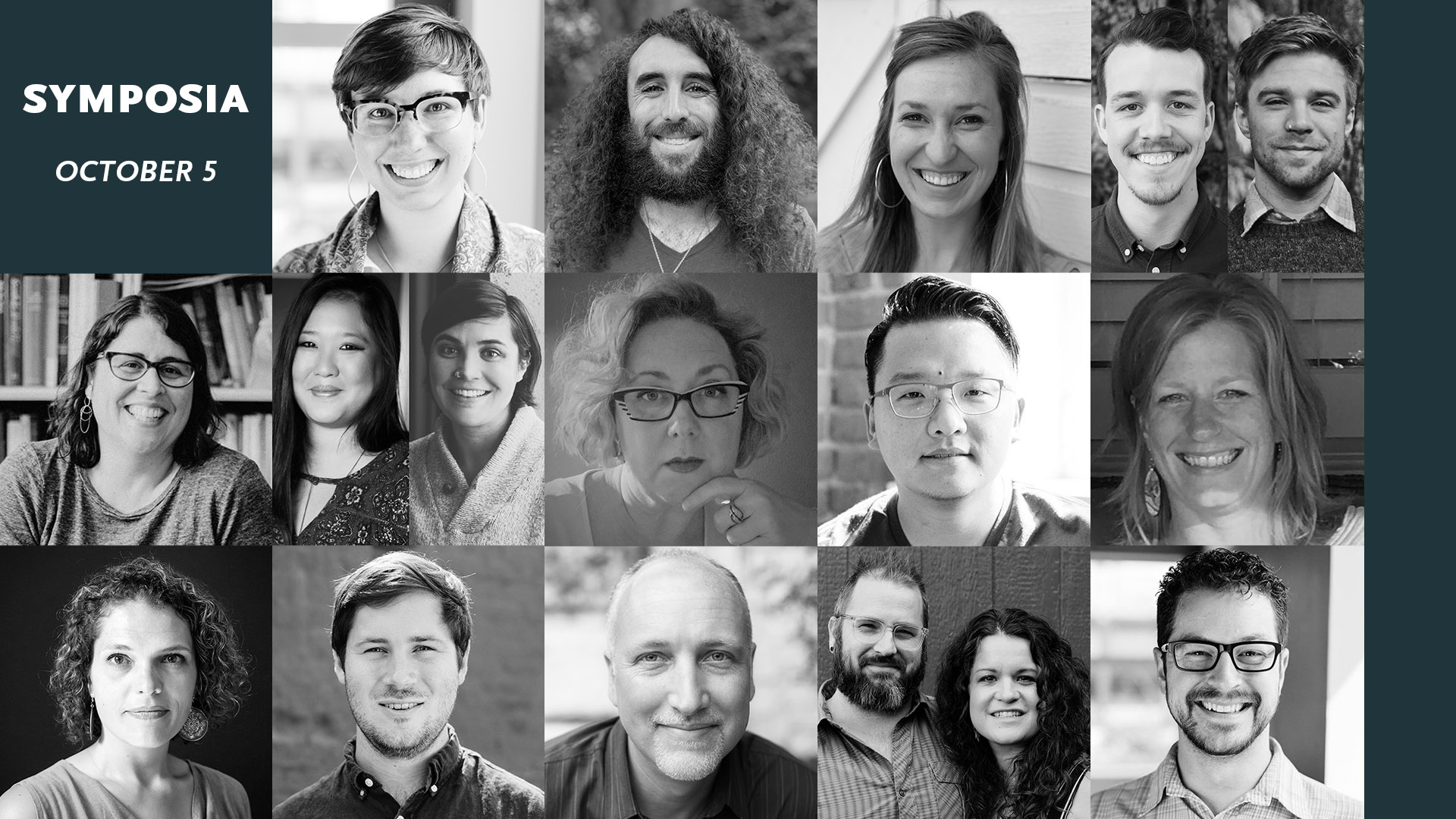A few months ago, the school gathered in a form of a “homecoming” to hear our alumni present on flourishing at our fifth annual Symposia. This year the theme centered around what it means to truly flourish. Today, we’re sharing the second half of their presentations, each inviting us to pause and reflect on the insightful, evolving work of our alumni and how they embody text.soul.culture outside our walls.
To Hide and to Heal
Kate Hoskin (MACP ‘17)
“The return to the First Love is not a movement back to God, but a movement towards God and ourselves with the pieces of our lives.”
In her presentation, Kate reframes the prodigal narrative as a sabbatical that allows for a more complete return, using images from South Korean artist Cheoul-Shin Kang to depict the retreat and return.
Internalized Racism and the Racial Empathy Gap
Richard Kim (MDiv ‘10)
Richard engaged the impact of internalized racism and how it misguides even the most sincere attempts to related across human differences as equals throughout his presentation.
Connection to the Wild Feminine
Laura Wade Shirley (MAC ‘02)
In her presentation, Laura looks at the connection, or lack thereof, to the feminine body. She discusses how women’s bodies, in particular the pelvic bowl, hold so much, yet they often have an ambivalent attachment to their very being.
Attunement to Your Self
Sarah Steinke (MACP ‘19)
“Living into the flourishing you were meant for requires recognizing those places, and welcoming them home, to the place in you that is already whole.”
Sarah guided a conversation that listened to the wholeness of one’s self and to the parts seeking connection in order to bring them into an attuned, reparative relationship.
Open Therapy—Send and Receive Ethical Client Referrals
James Waggoner (MACP ‘16) and Conner Cress (MACP ‘18)
James and Connor created an online platform called Open Therapy that helps manage the client-therapist referral process. In their presentation, they discuss how this platform grew out of the concept “flourish” and how it streamlines a critical process for those seeking help.


